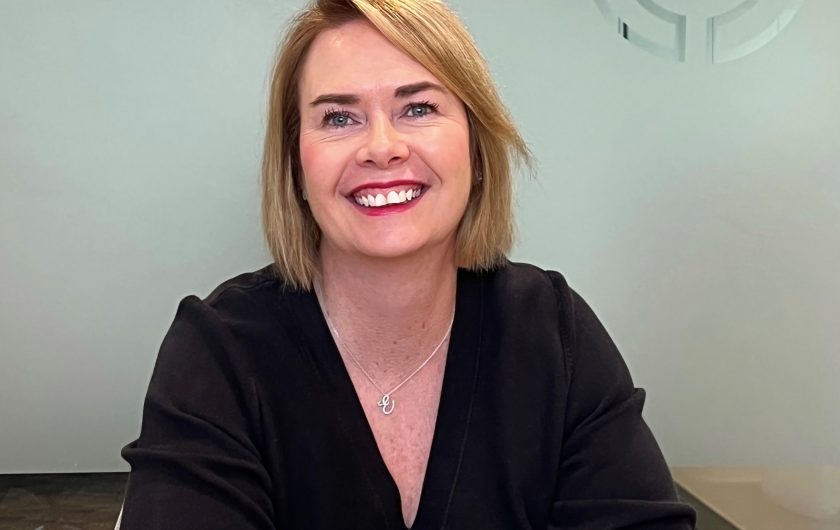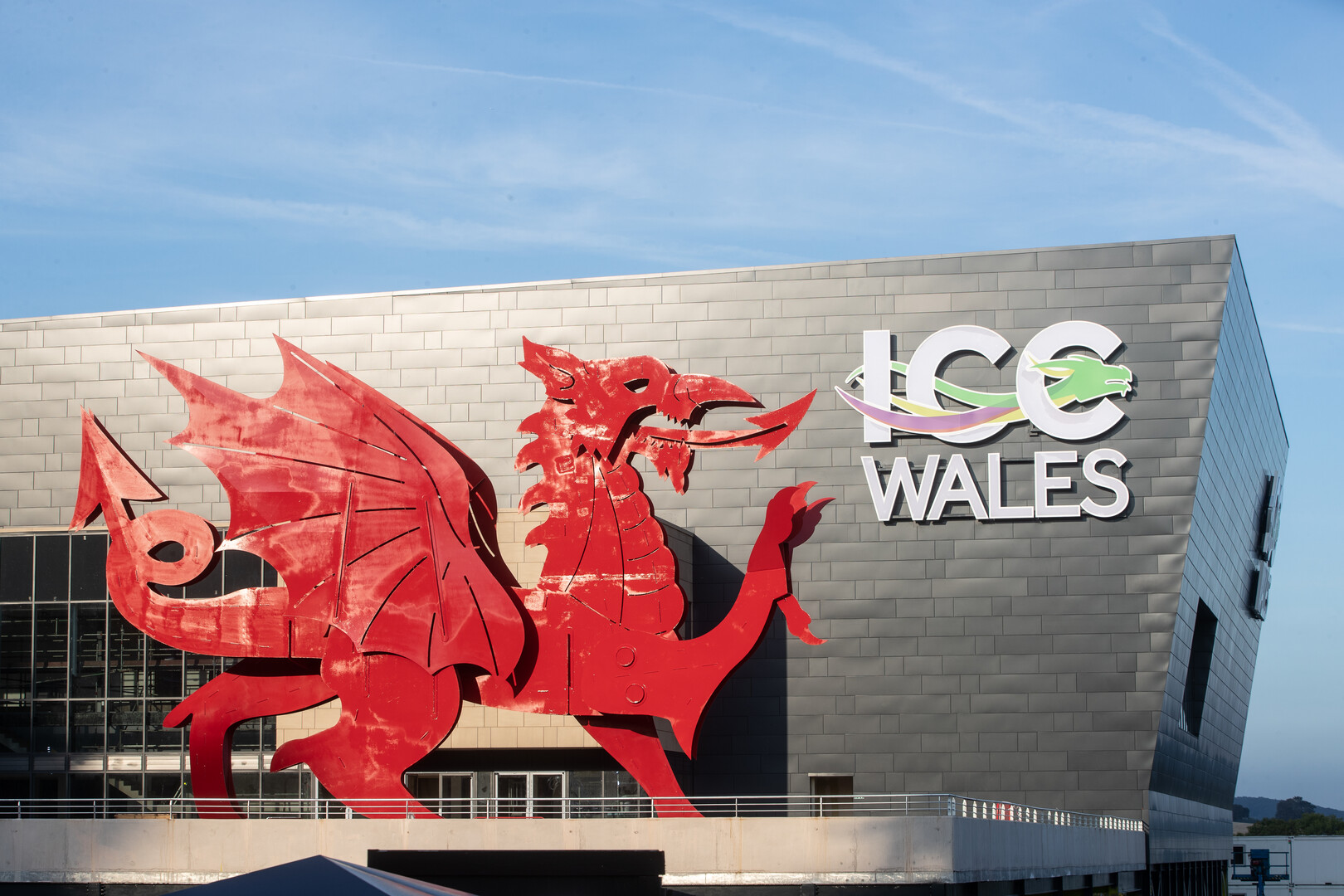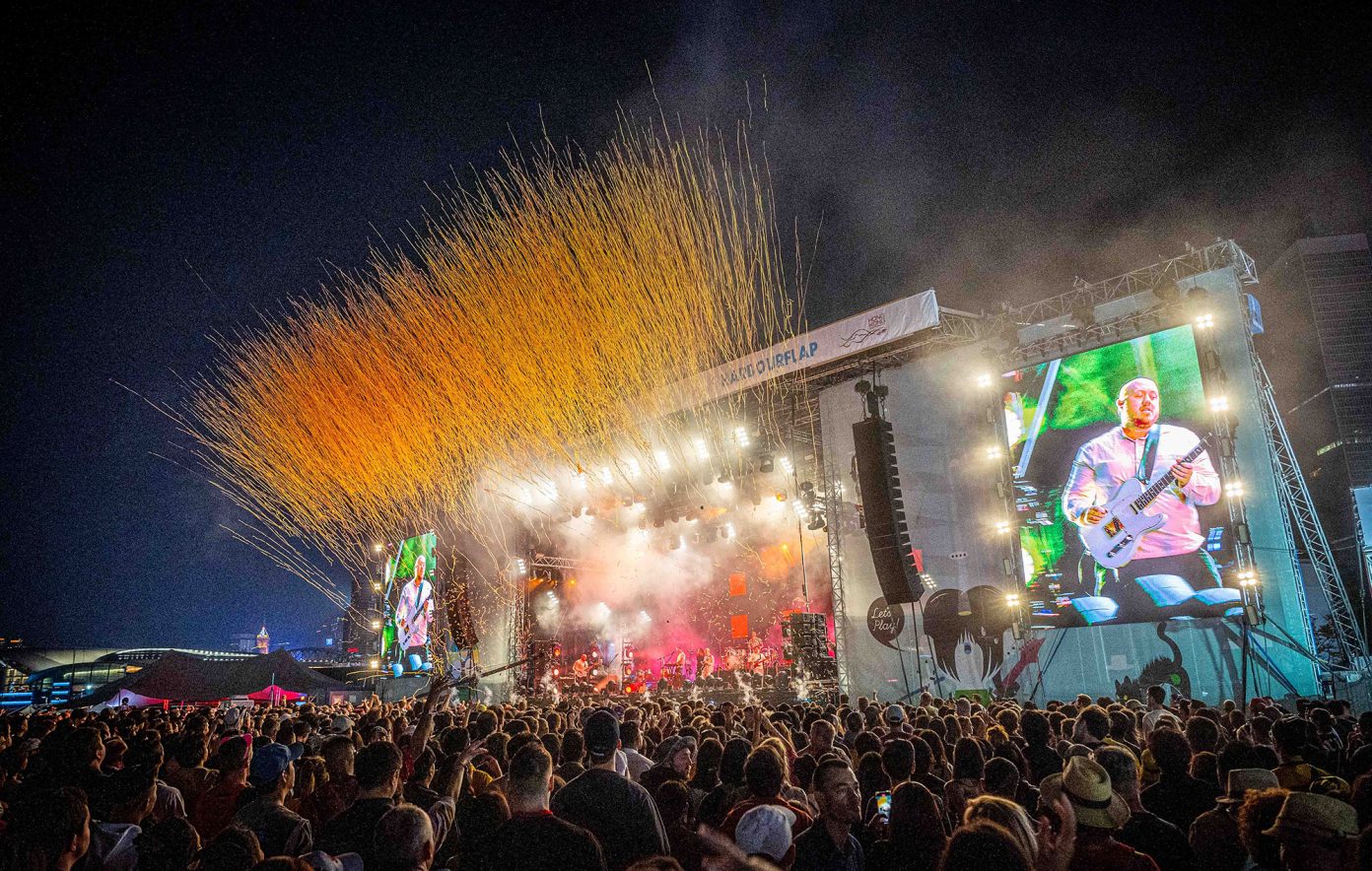EVENT MANAGEMENT is changing for the betterment of organisations, disciplines, professions, cities, countries and for the wider population.
When I started at ICMS Australasia over 20 years ago our focus was on event delivery. We had clear goals of achieving sound outcomes for our clients and building a high-quality conference with exceptional content from the ground up.
Our conferences were a national and global platform to share knowledge.
Of course, these elements are still vital to achieving success for an event, but the parameters have since broadened to now include longer-term goals for the conference, the host body and key stakeholders.
I was impressed recently to learn that several longer-term legacy goals of two events we managed over 10 years apart continued to provide benefits for their respective communities. In one particular case it was a legacy of tackling climate change.
These events are the 6th IUCN World Parks Congress held in Sydney in November 2014 and the 26th Congress and General Assembly of the International Union of Crystallography in Melbourne in 2023.
At the 6,000-person 6th IUCN World Parks Congress at Sydney Showground in 2014, conservationists, environmental donors, policymakers, Indigenous leaders, businesses, and key global stakeholders gathered to enhance the status and impact of protected and conserved areas worldwide.
The outcomes were captured in the Promise of Sydney, a set of commitments aimed at achieving biodiversity conservation for both people and nature.
Confirmed actions include:
- The enhancement to protect the Great Barrier Reef through integrating traditional ecological knowledge from Indigenous communities;
- The establishment of Namibian Community Conservancies that empower local communities to manage and benefit from wildlife conservation; and
- Costa Rica’s Payment for Ecosystems Services initiative that compensates landowners for conserving forests and natural ecosystems.
More recently, the local host of the 26th Congress and General Assembly of the International Union of Crystallography has begun sending out 750 diamond crystal structure kits that were used at the Congress to regional and remote primary schools.
The International Union of Crystallography has created a booklet to accompany the kits which details how students can make four crystal structures. Their purpose is to encourage students to take an active interest in crystallography and science.
More… Adelaide credits conference legacy for landing space agency
At the Congress the materials were used to create a Guinness World Record diamond structure that more than 500 students in the state of Victoria helped build as part of a STEM-inspired exhibition at the Melbourne event.
Schools as far afield as Alice Springs to the Chatham Islands in New Zealand have expressed an interest in receiving the kits.
I have read studies on the growing importance being placed on longer-term event legacies and have heard individuals from all walks of life in early conference planning meetings expound upon what mark they want their event to leave on their community and, in some cases, globally.
Younger committee members certainly are most active in wanting to be involved in an event with purpose; one that continues to generate outcomes after the conference’s closing remarks have been delivered.
It is at this point that I believe it is wise to remember that like the bidding for and winning a conference – many years in the making – conference legacies are a slow burn. They don’t always align with government tenures, so the need to drive from within is crucial.
It’s a testament to my organisation that we can celebrate that we were creating event legacies more than a decade ago – probably 15 years. Now I feel we play a leading role in Australasia, and we have a track record testifying to this.
Legacy is an education piece and I’m very happy to support our industry growth by sharing our stories.
Emma Bowyer is a professional conference organisers and CEO of ICMS Australasia. She can be contacted on emmab@icmsaust.com.au if readers would like to share their views or stories of event legacies



